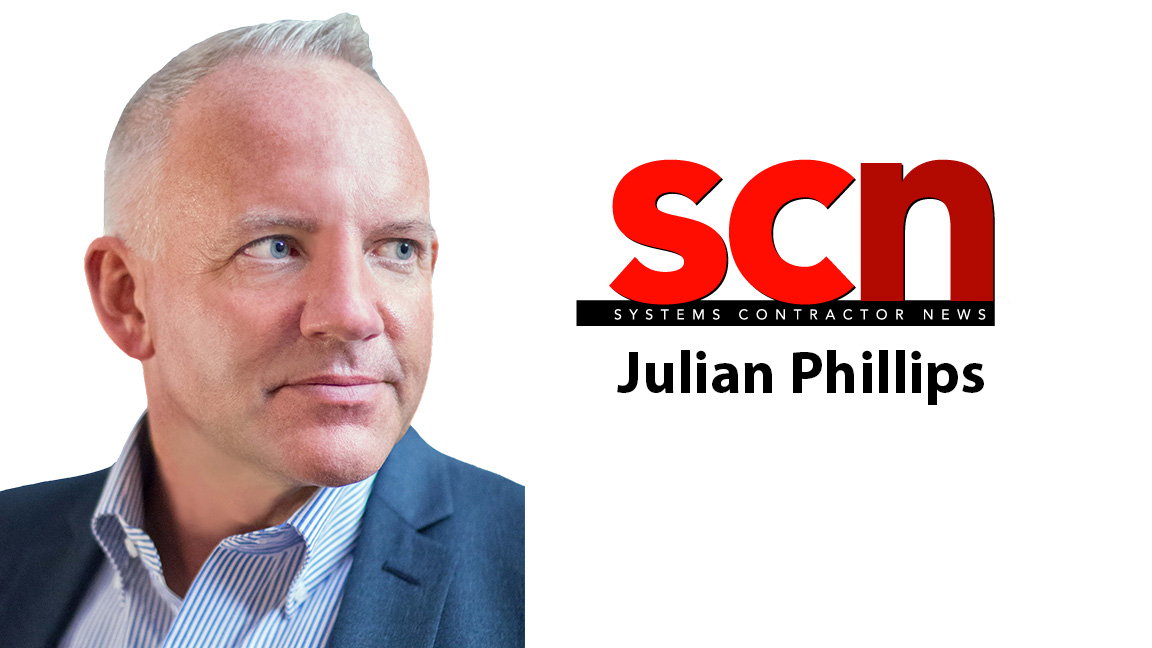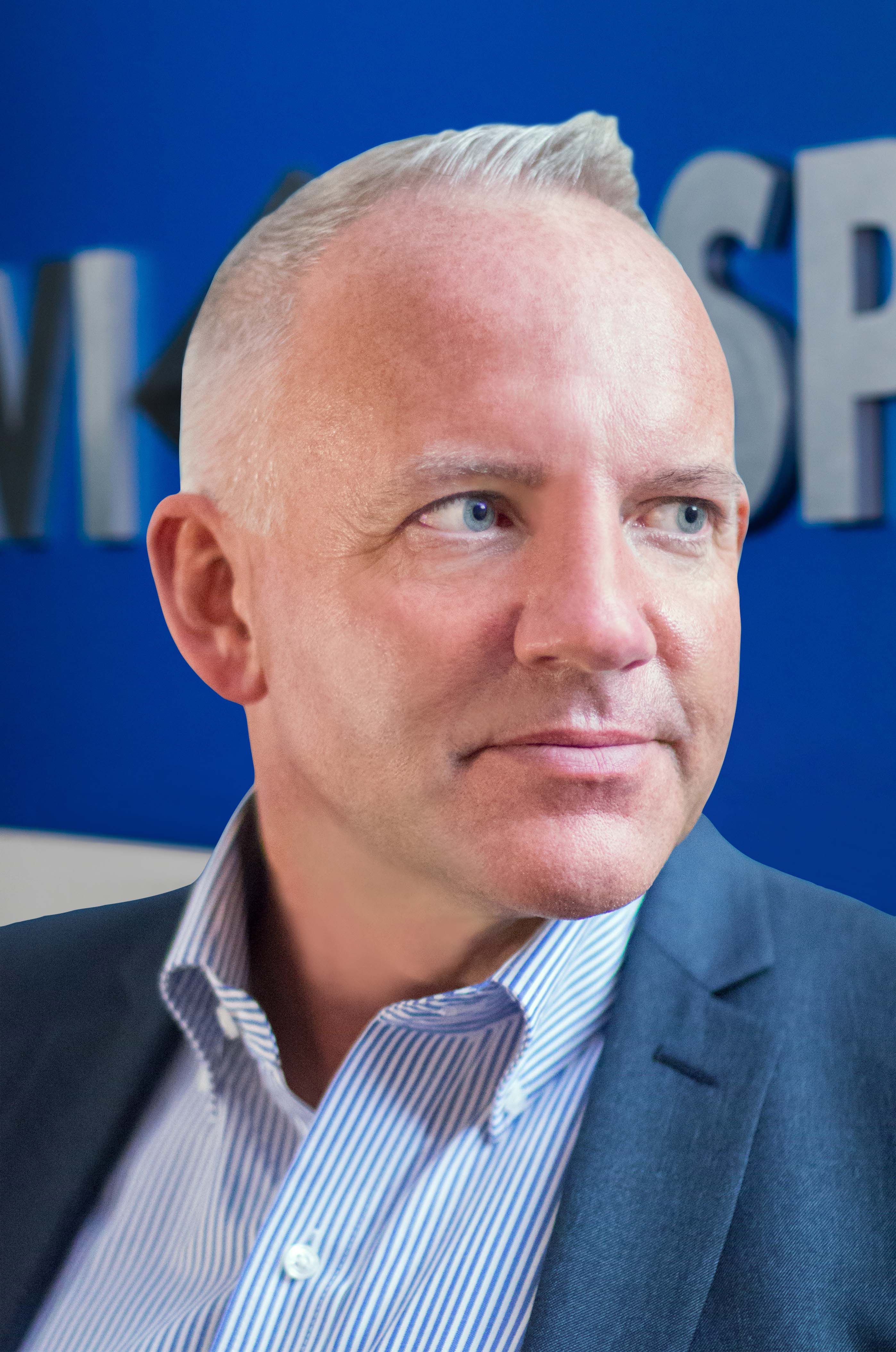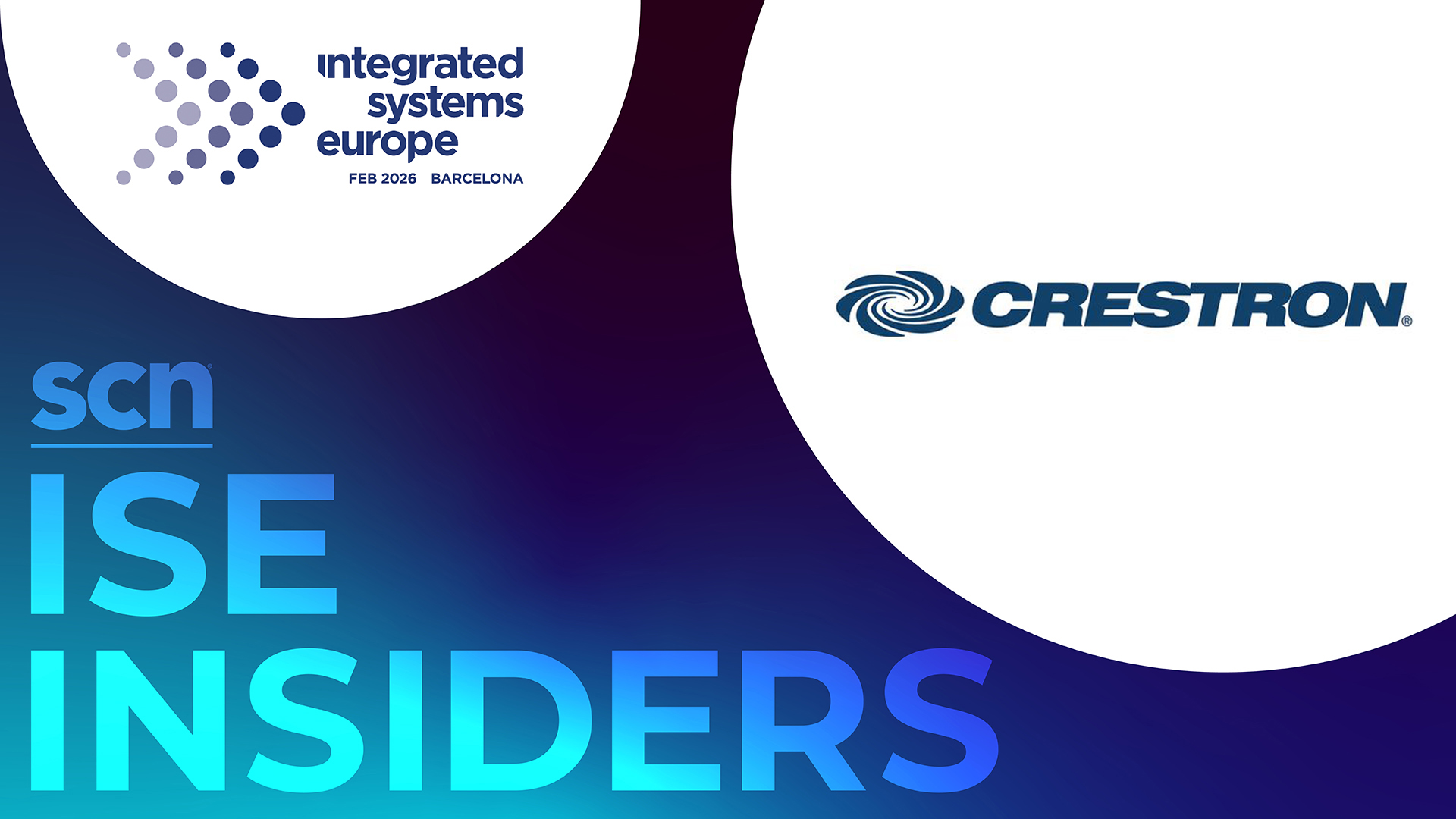Blueprint for Success: CAIO and Arrivederci
Here's why every Pro AV company needs a chief artificial intelligence officer—and what that role should be.

Even the casual Italian linguist will be bemused by my misspelling of the informal greeting “ciao,” especially given that the AI engine in my Grammarly account should have auto-corrected my faux pas. However, CAIO is an acronym for Chief Artificial Intelligence Officer—and in the same way that most companies have good reasons for CEOs and CFOs, I strongly recommend the adoption of a CAIO to leadership teams, especially in the Pro AV industry.
[Blueprint for Success: A Business Accelerator Is Born]
My reasoning is clear and unequivocal; AI has the greatest capacity to assist and accelerate change in our economic fortunes, long-term viability, and sustainability more than any innovation in the preceding generation. And the Pro AV industry is supremely positioned to take advantage of AI for both its customers and its own business transformation.
A Pivotal Year
In years to come, the history books will attest that 2023 was the birth year for AI in the consciousness of the global populace (which, according to my AI-assisted Alexa portal, is currently at 8.01 billion). But a year, just like the sport played mostly with a foot and a ball, is a game of two halves. In the New Year, very few people had heard of ChatGPT, and although there was awareness that AI had been around for a while, the first half was bejeweled with curiosity, a lot of researching, experimenting, and blundering.
[Viewpoint: Here Comes Convergence]
The second half has been riddled with FUD (fear, uncertainty, and doubt). Neuroscientists have classified this as an “amygdala response.” The amygdala is almond-sized region in our brains that regulates our “fight or flight” reflexes. In the case of AI, these are fear of losing control, concern over our privacy, and (most of all) our heightened panic that AI will devalue human skills, resulting in us being replaced by computers and machines.
The amygdala acts like a fire alarm; it’s a warning that something might be dangerous, but it does not dictate the eventual outcome. Instead, it crucially gives us time to gather more information and act fast to avoid disaster. To that end, let’s be crystal clear: AI is already here. And according to PWC’s recent study, it could add $15.7 trillion to global GDP by 2030. That's a 14% boost in productivity, an unprecedented opportunity that cannot be achieved by any other technological advancement.
A daily selection of the top stories for AV integrators, resellers and consultants. Sign up below.
Once you commit to AI, you need to commit the whole company and act together at speed.
At InfoComm in June (just after the halftime whistle), I shared a drink and animated conversation with the CEO of a global leader in the AV industry. He confided that in a recent strategic review, AI was the headline feature in their growth plans over the next three years.
“Well then,” I mused, making something up on the spot, “you will need a CAIO then.” After describing what I meant, he concluded, “Well, maybe you’re right. Perhaps I do.” By September, I had my first evidence that a CAIO was a real thing with my alma mater, Dell Technologies, appointing Jeff Boudreau to the eponymous post.
Defining the Role
If leaders in the Pro AV industry are already seeing the opportunity, and adjacent sectors are already making the move, what would this CAIO look like and what should we empower them to do? Here are my five “must haves” for the role—and some of them might surprise you.

Although they must understand technology, the CAIO probably won’t be a technologist. It’s entirely possible a CIO would be a great candidate, but we must remember that AI is a tool to drive business transformation and enhance human productivity. It could be that someone from sales, marketing, supply chain, finance, or especially human resources might make a better choice. After all, we exist in an economy where human capital is our greatest asset and knowledge our currency. For a relatively small investment, AI can act as a force multiplier to our HR balance sheet.
The CAIO must focus on the “sell side” as well as the “inside.” There are numerous ways that AV companies can find dramatic improvements in internal efficiency and drive out redundant costs through AI, but we must also remember our customers are seeking these benefits too, and we have a lot to offer.
We already have AI-assisted hardware and software for cameras and audio for conference rooms, but just look at what Microsoft is doing with Copilot for Microsoft Teams and Office 365, delivering incredible advancements in productivity, especially in our new hybrid workplace reality. For those of us involved in “experiential" technology, the impact that AI is having on content creation, visualization, and immersion is truly breathtaking, and creates huge opportunities for growth in markets as diverse as healthcare, education, entertainment, and manufacturing.
[On Your Business: Why Small Businesses Need a Leadership Team]
Next, the CAIO should be a cross-functional team player and actor. It’s entirely possible that your company may have a powerful CRM such as Salesforce or Microsoft Dynamics, which offers amazing AI-assisted tools for data analysis, customer insight, and sales automation. But if your fulfilment engine is relying on people performing manual, mind numbing, error-prone tasks, then you risk setting high expectations of excellence with one hand and snatching away the illusion of victory with the other. Once you commit to AI, you need to commit the whole company and act together at speed.
The CAIO probably needs to be a psychologist—or at the very least, an amateur one. To overcome the organizational amygdala reflex, they must understand the role that AI could have in paralyzing employees with fear and potentially luddite resistance.
As Brian Merchant pointed out in his book, Blood in the Machine, the “luddites” of the textile industry in the 19th century were not against the machines per se. They saw the benefits but were against the consequences, including displacement with child labor, lower wages, and negotiating power. Fast forward to today, the actions of the Screen Actors Guild and the United Auto Workers are a warning that any significant technological change needs to be carefully handled with the very people needed to take the journey of transformation.
Finally, the CAIO needs to be a great leader— and I mean from the Simon Sinek book of great leaders that have "a vision of the world that does not yet exist and the ability to communicate that vision clearly." Just because you hold a leadership position does not necessarily mean you are great leader.
It’s fair to say the Pro AV industry has many who hold leadership positions specifically to maintain the status quo and, therefore, could be silent killers of wonderful AI initiatives brought forward by the CAIO. And according to Sinek, the greatest attribute of leadership is neither vision nor charisma (although these help immensely). It is courage: courage to tackle difficult tasks, courage to disrupt, and courage to be held accountable when there is always the risk of making mistakes along the way. The CAIO must have the heart of a lion and the ability of a lioness to get stuff done.
One Year-End Prediction
This is the time of the year when people like to make predictions for the year ahead. This just happens to be an era where it seems exceptionally difficult to predict anything.
Not known to be the shy, retiring type, let me make this one prediction. The Pro AV companies with the brightest futures, the most engaged employees, and the highest market value within the next three years will be those who are embracing AI with open arms and all it has to offer (and also those taking care with it). It’s perfectly OK to bring in policy and regulation, as long your goal is not to suppress it and stifle those willing to experiment. This is a time for leadership and courage—and perhaps the very moment you need a CAIO, too.
I started with a “ciao” and it’s time to end with an arrivederci. Over the past year, I have thoroughly enjoyed sharing my thoughts on the exciting future we share together in the Pro AV industry. There were history lessons, family weddings, darts with Ted Lasso, and some dancing in the rain to boot. Throughout, there have been repeated references to the potential power of AI. Like you, I see "darkness,” but I mostly see light with some patches of shade.
To all those budding CAIOs out there, let me leave you with some words from my greatest of heroes, Sir Winston Churchill: “To each there comes in their lifetime a special moment when they are figuratively tapped on the shoulder and offered the chance to do a very special thing, unique to them and fitted to their talents. What a tragedy if that moment finds them unprepared or unqualified for that which could have been their finest hour.”
Until we meet again.
Julian Phillips is the managing director of XTG, the AVI-SPL Experience Technology Group, and was named a member of the SCN Hall of Fame in 2019.

